Australia may not get any sub from AUKUS warns former Trump official
A former Trump administration official warns ‘obstacles on both sides’ could doom Australia’s promised fleet of eight nuclear subs.
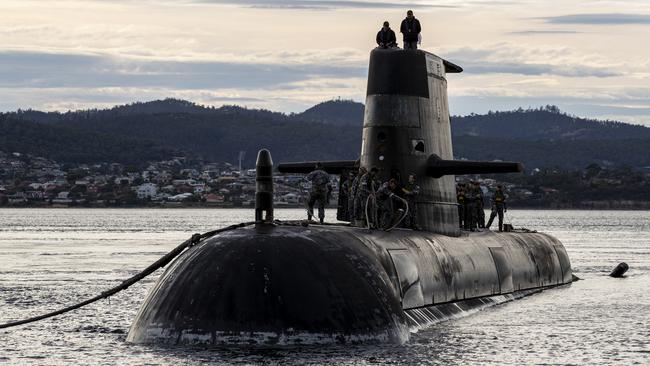
Australia might not receive a single nuclear submarine as part of the AUKUS security pact, according to the former Trump administration official who helped coined the term “Indo-Pacific”, which now dominates security and diplomatic discussion across the region.
Randy Schriver, a former assistant secretary of defence in the Trump administration, said “many potential obstacles on both sides” including pushback from the US navy and political turnover in Washington and Canberra could spell doom for the promised fleet of eight nuclear-powered submarines.
A supporter of AUKUS, he said there needed to be “sustained commitment from the senior political leaders in both capitals, otherwise the chances of Australia deploying its own nuclear submarine will drop below 50 per cent”.
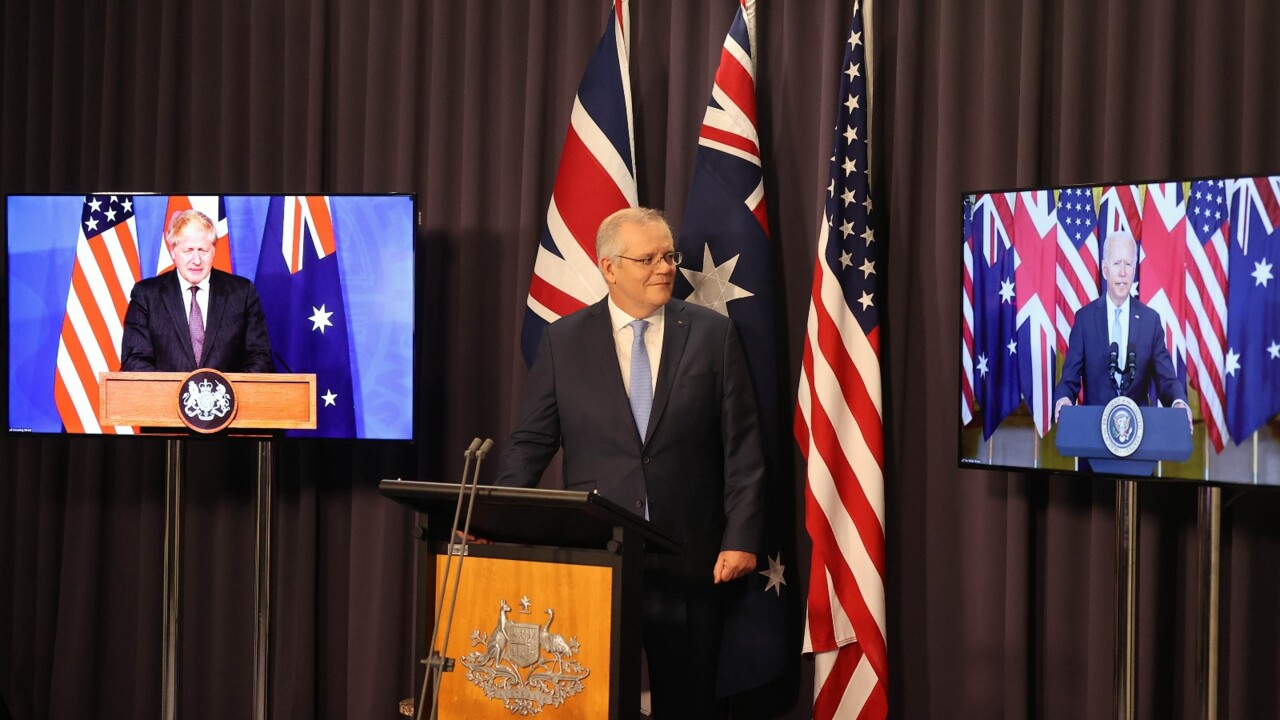
The White House said Australia was on track to receive a nuclear-powered submarine at the “earliest possible date” in a statement last month, hosing down speculation the subs would come much later and at greater cost than the conventionally powered French-designed submarine fleet the government had ordered originally.
“Whatever the fallout from AUKUS, we need to repair our relationship with France in the Indo-Pacific,” Mr Schriver said, noting it had a larger security and population footprint in the region than Britain.
Now chairman of Project 2049 Institute, a Washington think tank that specialises in Indo-Pacific issues, Mr Schriver said the idea of “leasing” a US nuclear submarine, floated by Defence Minister Peter Dutton and former prime minister Tony Abbott, was “difficult but not impossible”.
“That scenario might entail US crew still being on, or having ultimate control of the submarine,” he said.
The AUKUS announcement in September didn’t specify whether the UK or the US would provide nuclear technology for the submarines, how much they would cost, when they would be completed, or what proportion of the submarines would be built in South Australia.
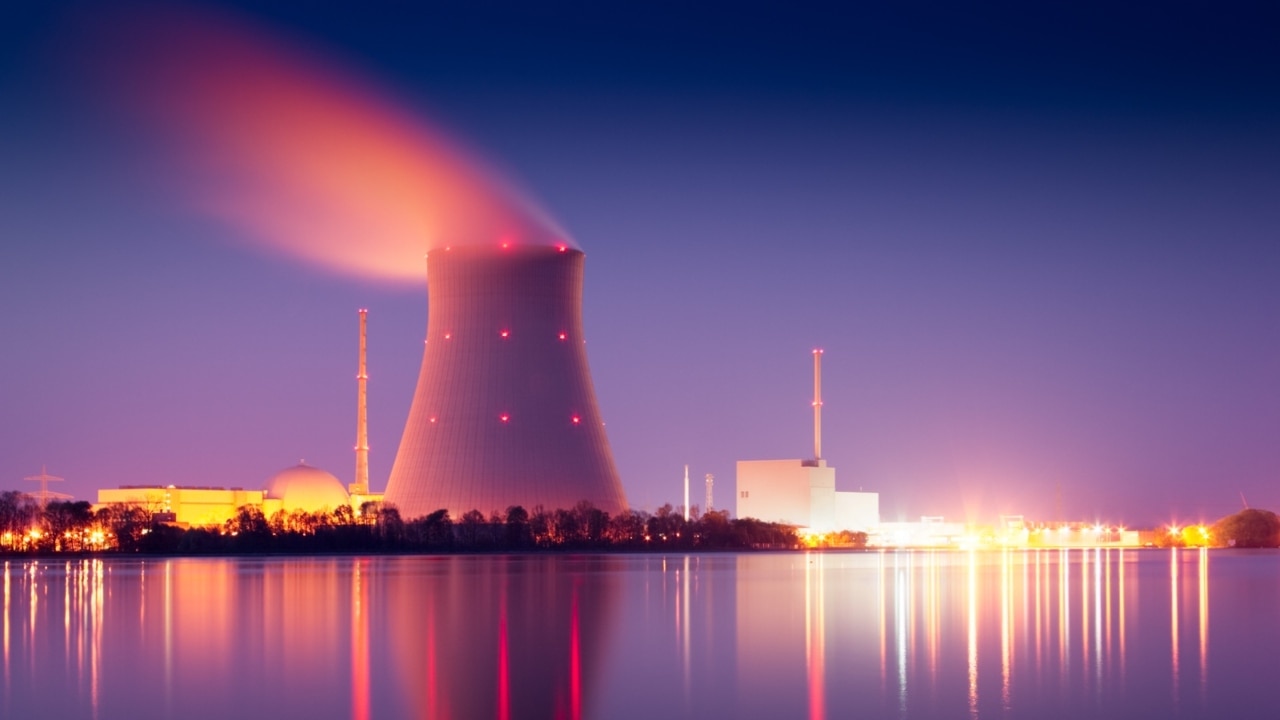
Kurt Campbell, US President Joe Biden’s security adviser for the Indo-Pacific and a pioneer of AUKUS, said early last week the US needed to “be a better deputy sheriff to [Australia]” in the Pacific.
“If you look at the arena on the planet where we have enormous moral, strategic, historical interests, where we have not done enough, [but] where Australia and New Zealand have done plenty, we’ve got to substantially step up our game,” Mr Campbell said.
Charles Edel, inaugural Australia chair at the Centre for Strategic and International Studies, said the submarine portion of the AUKUS pact would be “unlikely to materialise” unless the White House could surmount the “bureaucratic challenge” the navy presented.
“It shouldn’t be surprising that the US navy would be extremely cautious about sharing its technological crown jewel … and that hesitancy would be as much about safety concerns as it would be about the security of the technology involved,” he said.

Mr Schriver, a former naval intelligence officer who works closely with Richard Armitage, President George W. Bush’s deputy secretary of state, also said he believed China planned to take over Taiwan, an island Beijing sees a renegade democracy, “without fighting”.
“Most of what we’re observing today is part of a pressure campaign to isolate Taiwan and achieve political capitulation – not preparation for a near-term invasion,” he said.
During his tenure in the US Defence Department Mr Schriver replaced the term Asian and Pacific with Indo-Pacific, a tag that’s exploded in US in Australia as well, to “more accurately reflects our interests”, he said.
“In truth the strait of Malacca doesn’t divide the Pacific from the Indian Ocean, it connects the two. And nobody understands this better than Australia with coasts that touch both great oceans.”


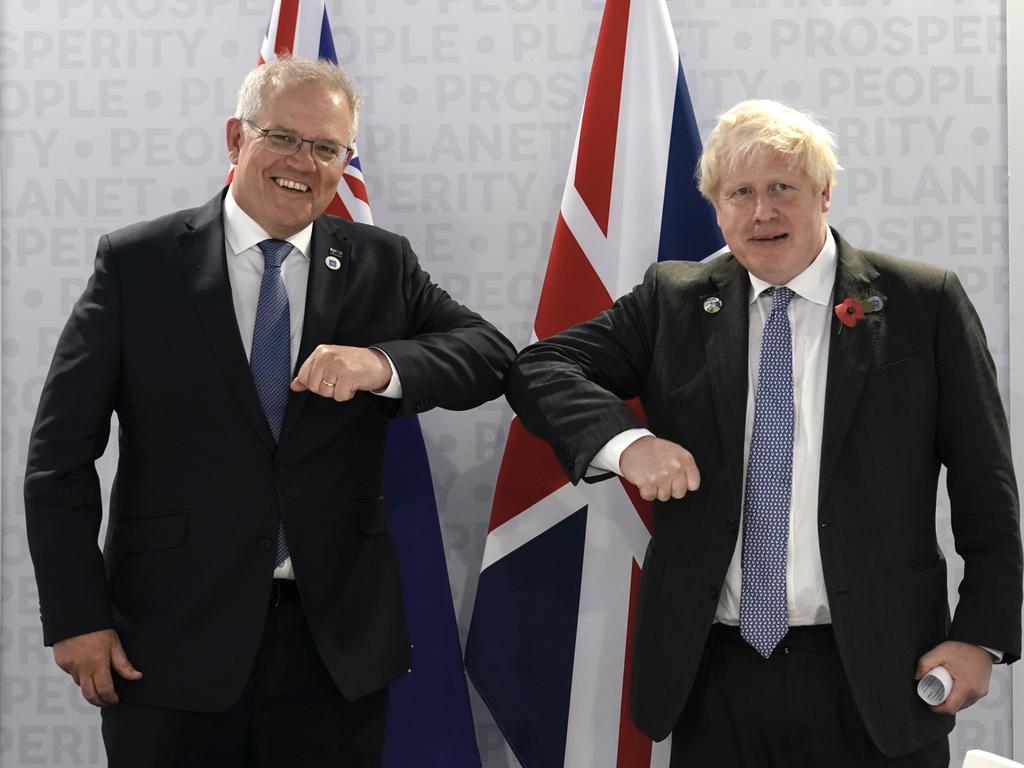

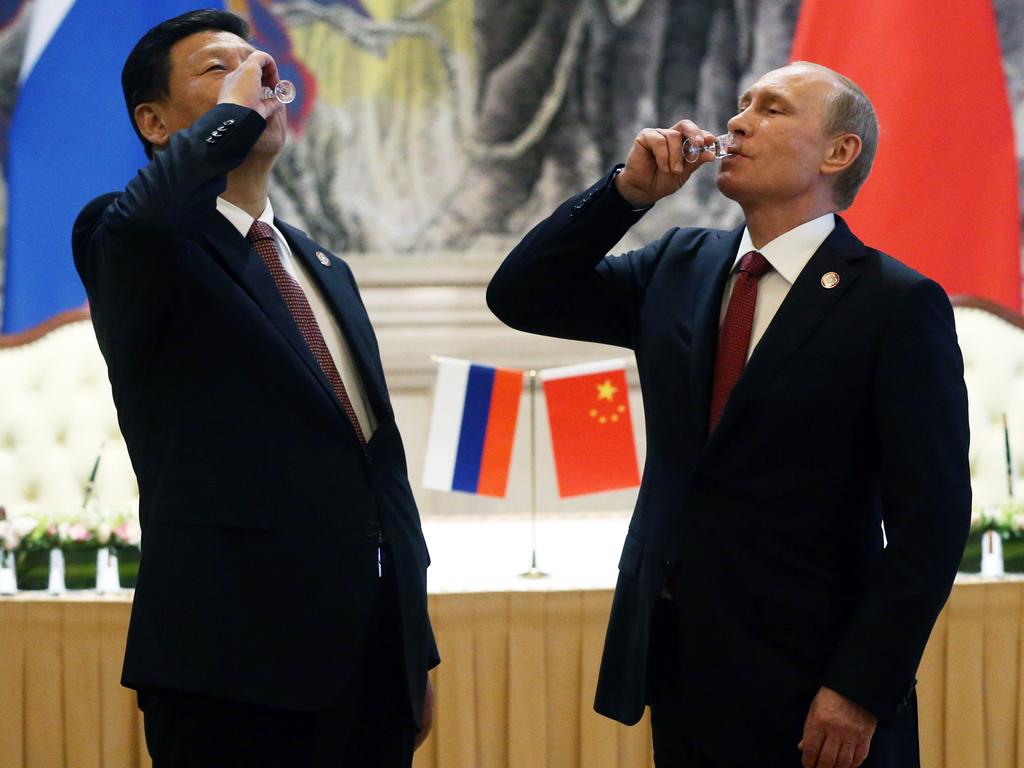
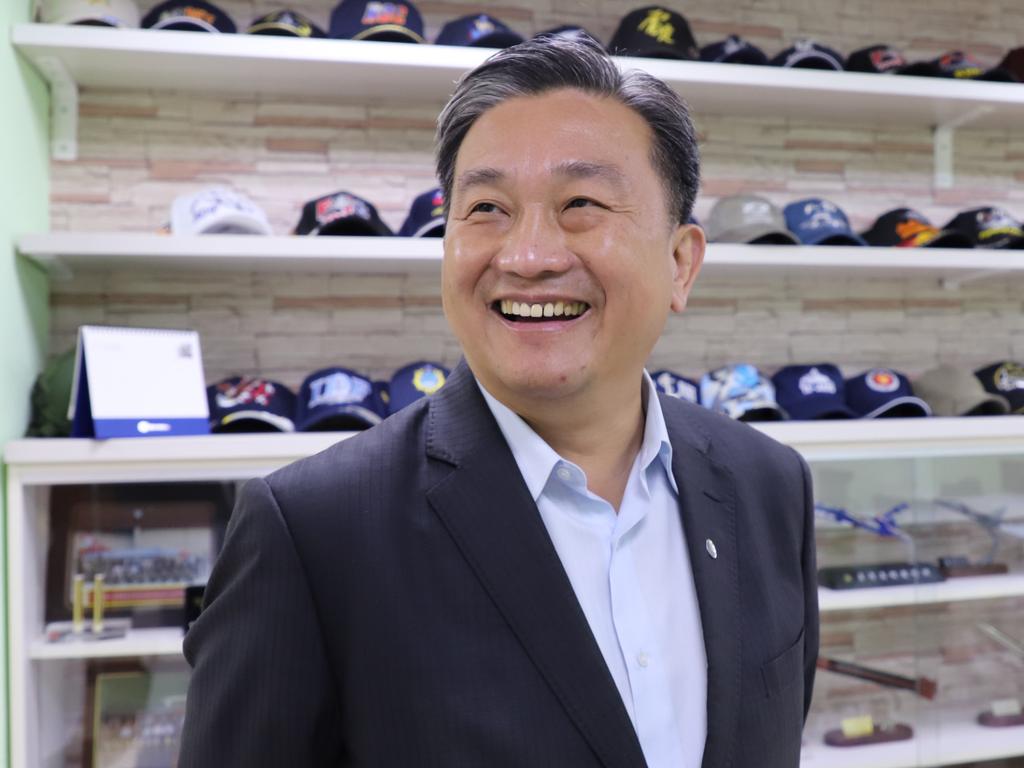


To join the conversation, please log in. Don't have an account? Register
Join the conversation, you are commenting as Logout